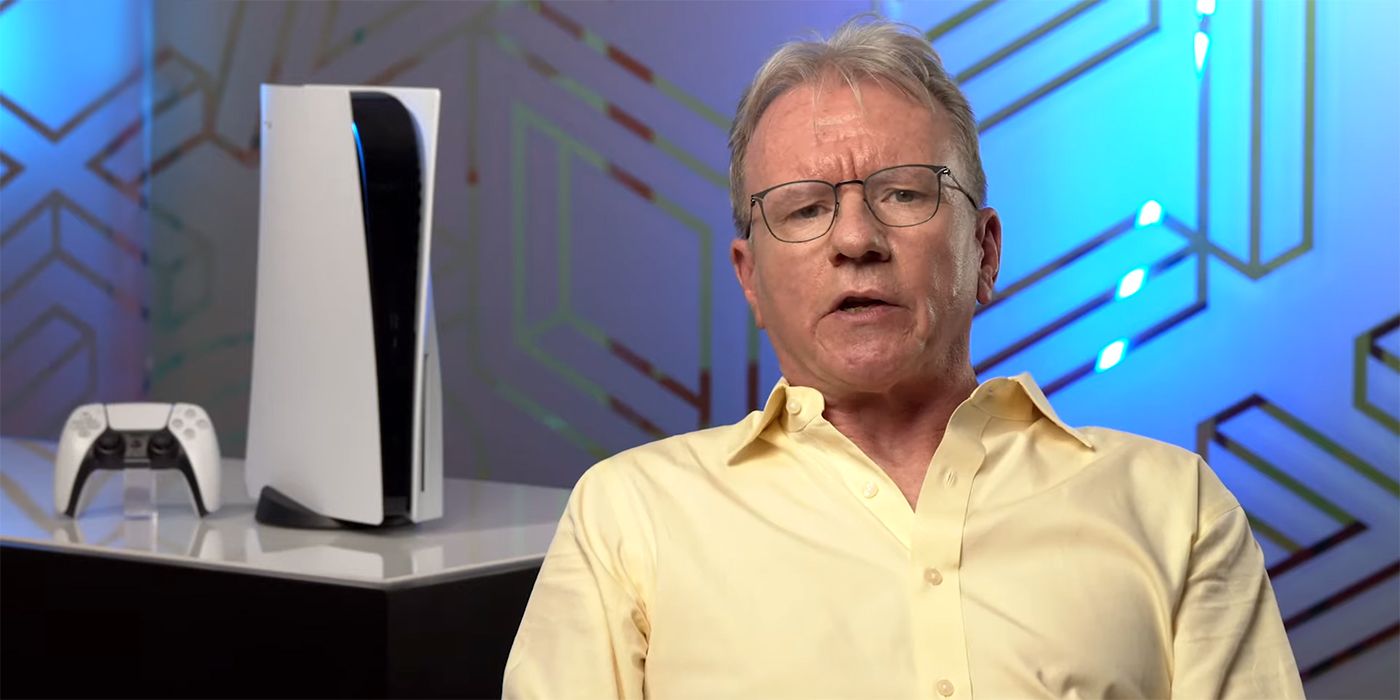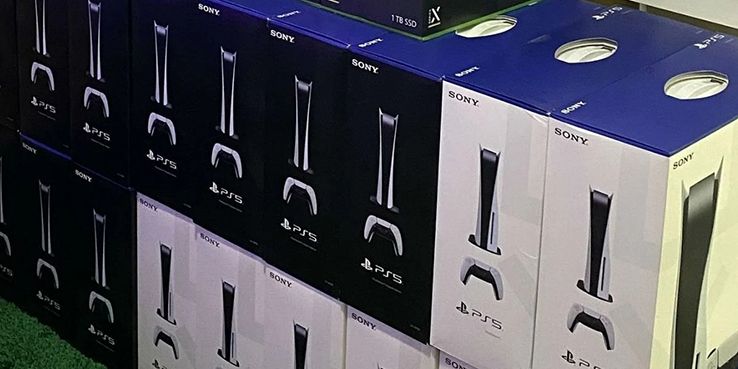Scalpers have proven themselves to be a persistent bane to retailers and legitimate consumers since the launch of the PlayStation 5 and Xbox Series consoles in November 2020. Even seven months later, an extremely large number of people still haven’t managed to purchase a PS5 due to shortages, as evidenced by the flurry of posts on social media every time a retailer gets new stock. And it seems that stores and gamers aren’t the only ones frustrated by the situation.
Within three months of the launch of the PlayStation 5, data engineer Michael Driscoll estimated that scalpers owned 10 to 15 percent of all the PS5 consoles in the US and had raked in an overall profit of $43.2 million by hiking prices, often more than double the suggested retail price. And it’s not just the US that is having a problem with scalpers. In the UK, members of Parliament began looking at ways to inhibit the unscrupulous entrepreneurs, with one member stating that scalping “doesn’t give the ordinary customer fair access to the market.”
President and CEO of Sony Interactive Entertainment Jim Ryan has also weighed in on the subject of scalpers and how they’re affecting the market. “This really frustrates me and upsets me, especially when resellers and bots manage to get their hands on stock,” Ryan stated in an interview with Axios. He confirmed that Sony is “working extremely hard” with retailers to get the new console into real consumers’ hands. The company also hopes to alleviate the problem with PlayStation Direct, which allows people to make purchases directly from Sony, but even that storefront is perpetually out of stock of both versions of the PS5.
And scalpers aren’t only inhibiting gamers from getting their hands on a new console; they may also be negatively impacting software sales. In December, a Bloomberg report showed that there was only one physical game purchased for every three consoles sold in Japan, because scalpers aren’t buying games for consoles they intend to sell and regular consumers aren’t buying games for consoles they can’t even purchase. Software sales are the primary way that Sony and Microsoft recoup the costs of console manufacturing, which is often done at a loss, so the unusually low number of games sold may hurt profitability of the next-gen consoles for years to come.
Despite this, PS5 scalpers have expressed displeasure about their bad reputation, comparing their actions to that of buying and selling produce from farmers. The cofounder of The Lab, a company that teaches people how to scalp products, commented that “there seems to be a lot of bad press on this incredible valuable industry and I do not feel that it is justified at all.” In his opinion, scalpers serve merely as middlemen and their intentions have been largely misunderstood by the public.
Source: Axios


